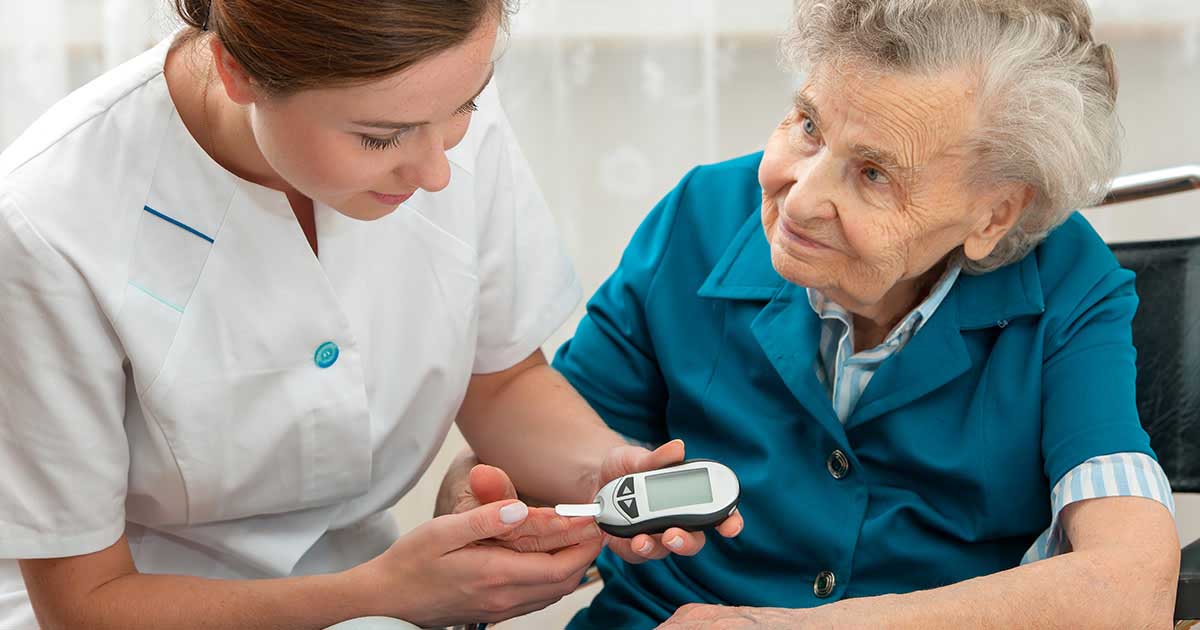Low blood sugar or hypoglycemia is a condition when the body's blood glucose level comes below 70mg/dl. This condition can arise if a diabetic patient who is on medicine or takes insulin skip meals or eat less and exercise more than usual. It is an emergency condition that needs immediate consideration. If you find your blood sugar low, do consume 15-20 grams of glucose or simple carbohydrate. Take proper rest and again check your sugar levels. Ensure that your glucose level has returned to normal before your meals. If not, then do consult your doctor immediately.
Signs and symptoms of hypoglycemia
Sweating
Feeling shaky
Dizziness
Weakness
Headache
Tingling and numbness sensation
Sweating
Anxiety and nervousness
Mood swings
Foods to eat to quickly increase glucose levels
Sugar in raw form
3-4 glucose tablets
3-4 sugar candies
Sugary drink or juices
Mix teaspoons of sugar in half a glass of water and drink it.
Other foods that are commonly used are
Chocolates
Biscuits
Raisins
Milkshakes
Malted beverages
But these are not very helpful during an emergency situation. It is always handy to keep a few sugar sachets at some specific places within reach at your house or carry them when traveling or away from your home, to act quickly in such circumstances.
Blood glucose and pregnancy
Many women develop gestational diabetes during pregnancy. The reasons for gestational diabetes could be insulin resistance, hormonal changes, and increased demand for pregnancy on the body. It can also cause low blood sugar, especially in women who take diabetes medicines or eat insufficiently. This condition usually goes away after delivery.
Mild hypoglycemia is unlikely to harm the developing baby unless it could harm the mother. In most cases, simply eating more or adjusting medication will prevent the risk of any harm. Women who have severe hypoglycemia may need to be hospitalized or monitored.
(Disclaimer: The content on this site is for informational purposes only, and should not be taken as professional medical advice. Always seek the guidance of your doctor or other health professionals for any questions you may have regarding your health or a medical condition.)

 Low blood sugar or hypoglycemia is a condition when the body's blood glucose level comes below 70mg/dl. Here are different ways to fix it quickly.
Low blood sugar or hypoglycemia is a condition when the body's blood glucose level comes below 70mg/dl. Here are different ways to fix it quickly.




















.jpeg)










.jpg)
.jpeg)